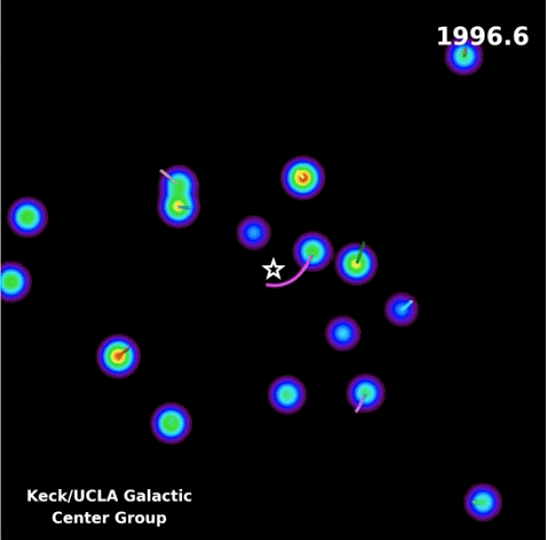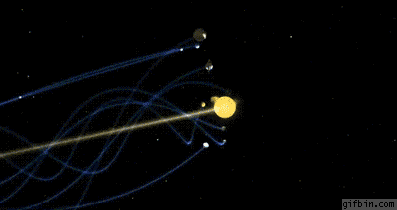uncus
Well-known member
I have read that there are some black holes we know of, that are more than 20 million miles across.
That might sound like a fair distance, but considering that Neptune is a billion miles away, puts it into perspective.
I have also wondered if sagittarius r at the center of our galaxy, has the power to eventually draw us into its grasp.
I have read that the astral belt, surrounding this black hole, travel at more than a million miles an hour.
Really interesting stuff.
I have often wondered if the light we are now seeing, even from something as well known as Orion, has stopped. Even if it exploded years ago, we wouldnt see the results for awhile. The speed of light is constant, and cannot move any faster.
I love astronomy and the possibilities lol.
That might sound like a fair distance, but considering that Neptune is a billion miles away, puts it into perspective.
I have also wondered if sagittarius r at the center of our galaxy, has the power to eventually draw us into its grasp.
I have read that the astral belt, surrounding this black hole, travel at more than a million miles an hour.
Really interesting stuff.
I have often wondered if the light we are now seeing, even from something as well known as Orion, has stopped. Even if it exploded years ago, we wouldnt see the results for awhile. The speed of light is constant, and cannot move any faster.
I love astronomy and the possibilities lol.




